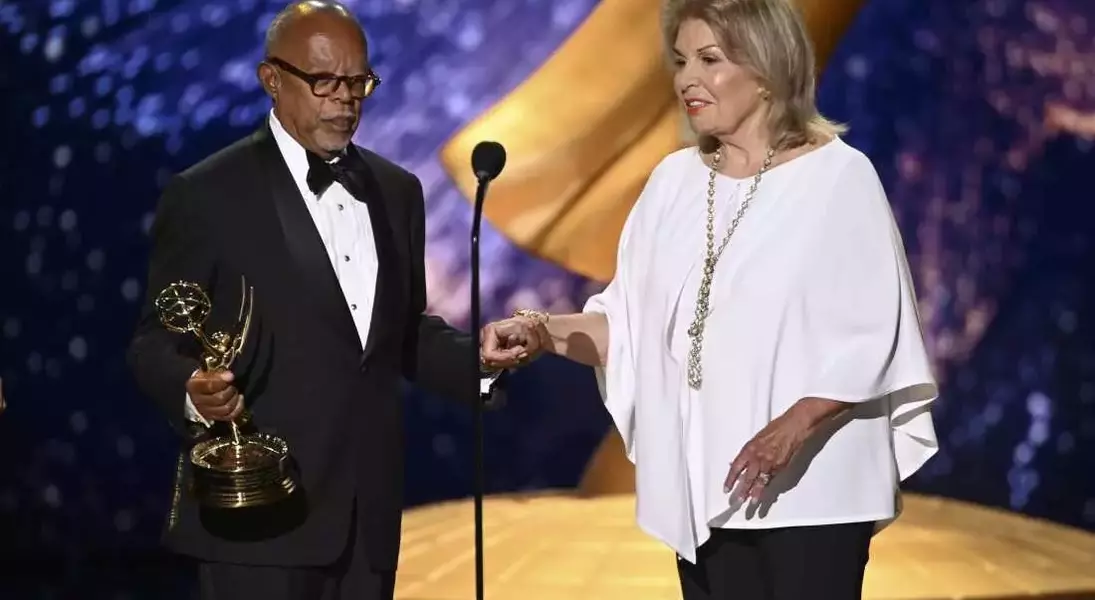



A significant legal battle is unfolding between two major entities in public broadcasting, NPR and the Corporation for Public Broadcasting (CPB), over a vital satellite distribution contract. This dispute has escalated into a federal court case, highlighting the internal divisions within public media, particularly after federal funding was discontinued. At the core of the conflict, NPR asserts that CPB withdrew from a previously agreed-upon multi-year, multi-million dollar contract for the satellite system under duress from the White House, which had publicly expressed its desire to defund public media. Conversely, CPB maintains that its decision to reallocate the contract to a new consortium was made to better safeguard the long-term interests of a diverse network of public radio stations, especially in the wake of the cessation of federal subsidies. Both organizations have refrained from commenting publicly on the ongoing litigation, a testament to the intensity of their disagreement.
Public Broadcasting Giants Lock Horns: NPR Sues CPB Over Withdrawn Satellite Contract Amid Political Pressure
Washington D.C. witnessed a deepening rift between public broadcasting giants, NPR and the Corporation for Public Broadcasting (CPB), as their legal dispute over a crucial satellite distribution system contract advanced to federal court. On October 27, 2025, NPR's legal team conducted a private, sworn deposition of CPB's longtime chief executive, Patricia Harrison, with a public court hearing scheduled shortly thereafter.
Court documents filed by NPR indicate that CPB's board initially approved a substantial multi-year contract for NPR to manage the satellite system, which is essential for distributing content to public radio stations nationwide. However, NPR alleges that CPB unlawfully capitulated to political pressure, specifically from the White House, and revoked the contract just days after President Trump publicly called for an end to federal funding for NPR. This action, NPR argues, is another instance of a prominent institution succumbing to presidential influence.
CPB, on the other hand, rejects these accusations, asserting that its decision to award the contract to a different group was motivated by a commitment to better serve the diverse needs of the nation's public radio stations. Both NPR and CPB have declined to comment on the ongoing litigation. Historically, these two entities, alongside PBS, have formed the bedrock of public media for over half a century, often presenting a united front in lobbying efforts against legislative attempts to cut the $1.1 billion in federal funding allocated to the broader public media system.
However, behind the scenes, there were indications that some CPB and PBS officials were not opposed to defunding NPR, which has frequently been accused of liberal bias by Republicans. NPR's legal filings reveal a telling timeline: in late March and early April, President Trump publicly labeled NPR and PBS as \"monsters\" and demanded Congress eliminate their federal funding. On April 2, CPB's board reportedly directed its officials to finalize a three-year contract with NPR for the satellite system, a service NPR had provided for four decades.
Just two days later, a senior White House budget official, Katherine Sullivan, met with three CPB executives. Sullivan, expressing her \"intense dislike for NPR,\" suggested that CPB could secure its future by distancing itself from NPR, according to Harrison's email to NPR CEO Katherine Maher, as cited in NPR's legal filings. Harrison conveyed profound concerns that the White House could drastically cut funding for CPB and public media as a whole. Shortly after this meeting, CPB's board moved to revise the contract terms, effectively preventing NPR from being the sole recipient.
Despite CPB's efforts to sever ties with NPR and link this decision to the political climate, court documents show that CPB executives, including Chief of Staff Debra Sanchez, acknowledged the sensitivity of the situation. Sanchez, in correspondence with Republican consultant Carl Forti, noted that CPB could not openly admit to withdrawing the contract to appease the White House, seeking \"the strongest messages we can make about the 'why' or the 'because?'\"
Ultimately, these actions did not prevent the defunding of public media. When Trump and his Republican allies successfully stripped public media of subsidies, CPB faced an existential crisis, laying off most of its staff and anticipating closure by January. PBS and numerous public media stations also experienced layoffs. The current court battle between NPR and CPB is over a separate pool of tens of millions of dollars earmarked for the satellite system's operation.
CPB contends that NPR is not inherently entitled to operate the satellite system indefinitely and dismisses NPR's claims of political coercion. CPB's legal team argues that, given the elimination of federal subsidies, NPR's interests might diverge from those of local public media stations. Therefore, awarding the contract to another group aims to protect the stations' long-term interests. The initial three-year, $36 million offer to NPR was subsequently surpassed by a new five-year, $57 million contract awarded to a consortium comprising New York Public Radio, American Public Media, the National Federation of Community Broadcasters, and the Station Resource Group, operating under the revived Public Media Infrastructure, formerly Public Radio International.
Earlier in October, Harrison warned public media station officials via email that the litigation would compel CPB to disclose unflattering criticisms of NPR's leadership, including its perceived resistance to innovation and reforms. NPR, in its legal arguments, portrays the situation as a clear example of institutions caving under an administration's unprecedented exercise of executive power. NPR, along with three Colorado public radio stations, previously sued the Trump administration over an executive order seeking to end all federal funding for public media. Ironically, CPB had also sued Trump earlier over his attempts to remove its board members, deeming those actions unconstitutional.
The political motivations behind CPB's decision are further highlighted by the hiring of Republican consultant Carl Forti by CPB's Chief Operating Officer, Kathy Merritt. On his first day, Forti identified the core challenge as the prevalent belief in Washington and among the public that media, particularly NPR, is biased against conservatives and Trump. On the same day, Trump posted online: \"NO MORE FUNDING FOR NPR, A TOTAL SCAM!\" Subsequently, Merritt informed NPR's counterpart, Ryan Merkley, that CPB's board had reversed course, stating that federal funds for the satellite system would only be awarded if it was spun off from NPR. Despite CPB's attempts to lobby Republican senators, the efforts were unsuccessful, and federal funding for public media was ultimately eliminated, sealing CPB's fate.
This ongoing legal battle between NPR and CPB underscores a critical juncture for public media in the United States. It reveals the intricate and often fraught relationship between government funding, editorial independence, and political pressures. The outcome of this case could redefine the operational landscape and funding mechanisms for public broadcasting, potentially setting new precedents for how public media organizations navigate political climates while upholding their mission. It also highlights the internal struggles and shifting alliances within the public media ecosystem, urging a reevaluation of strategies for long-term sustainability and independence.
